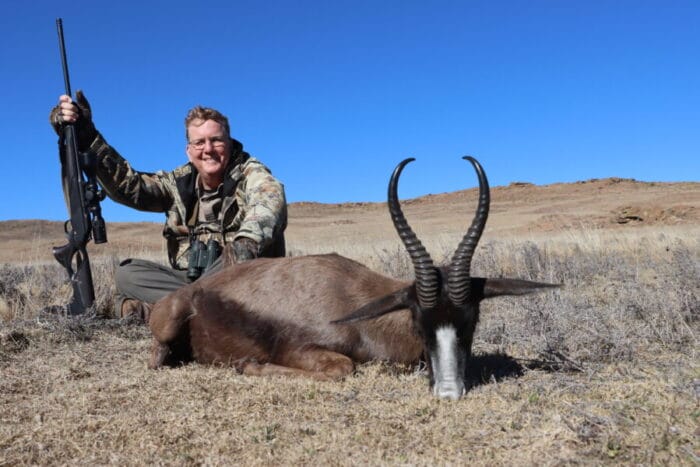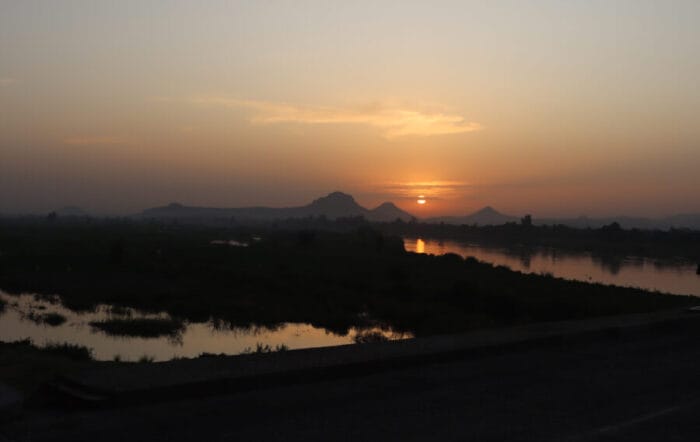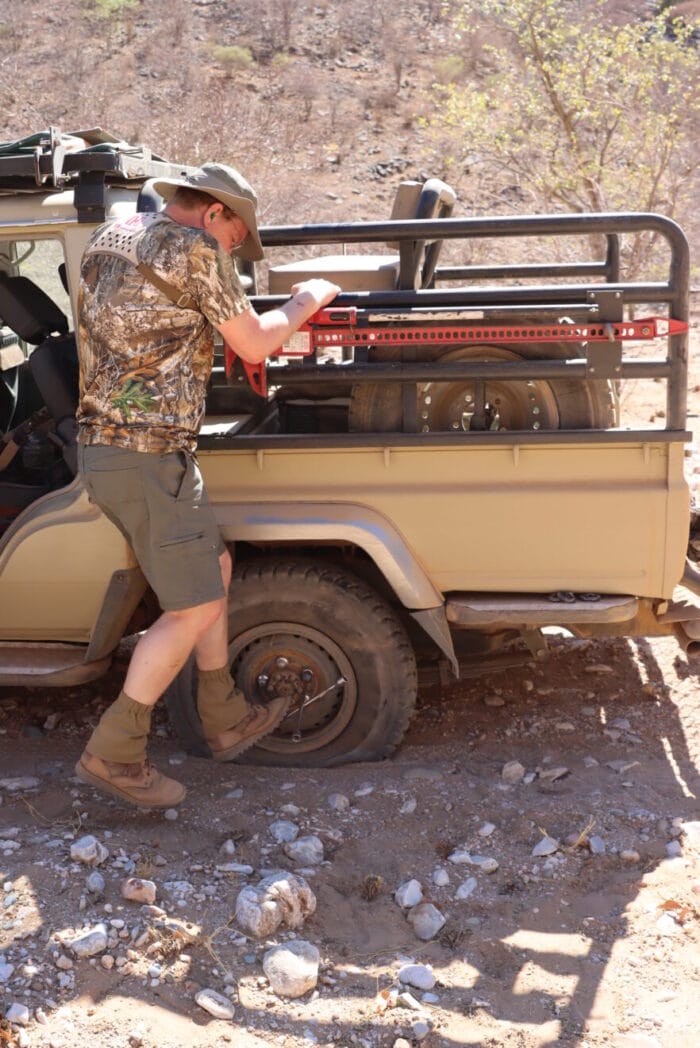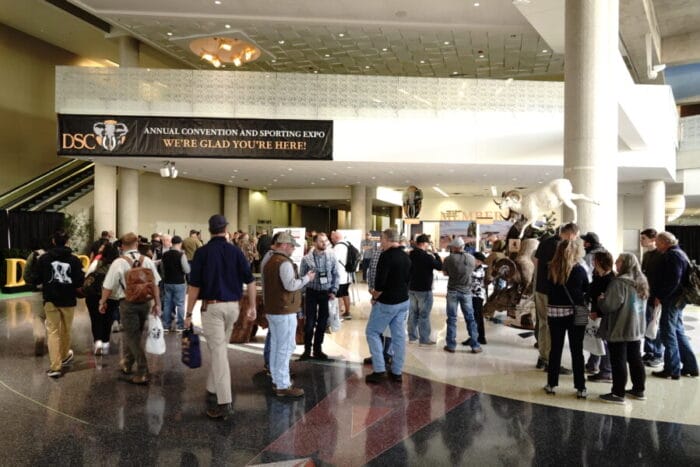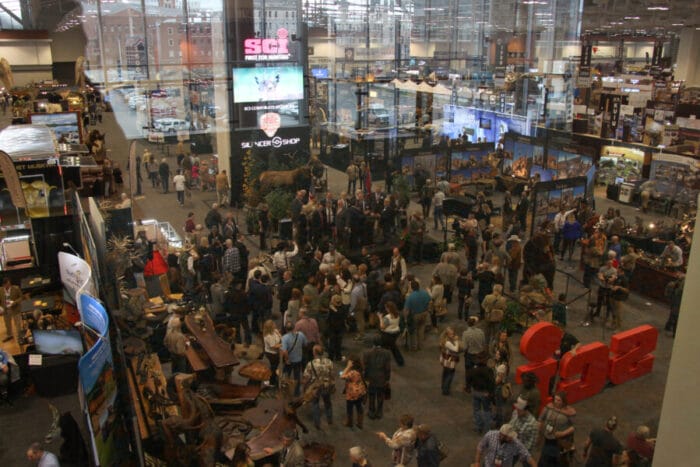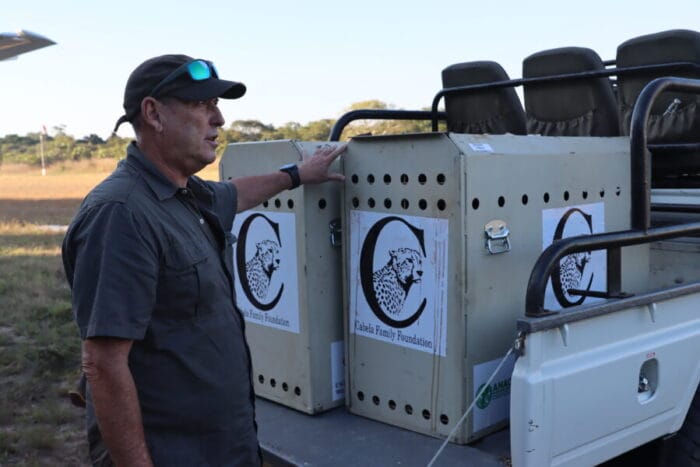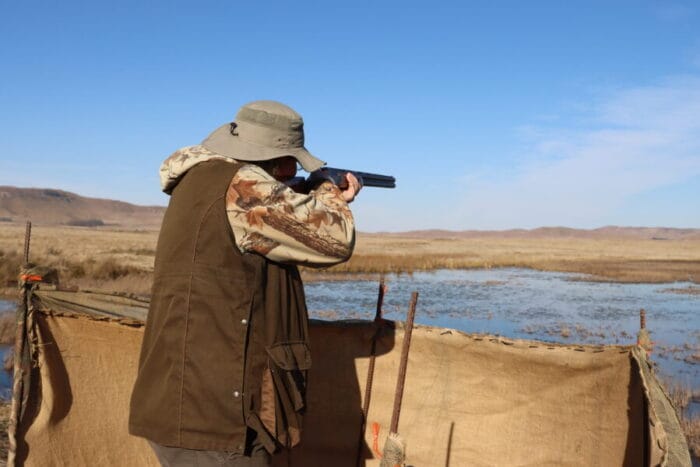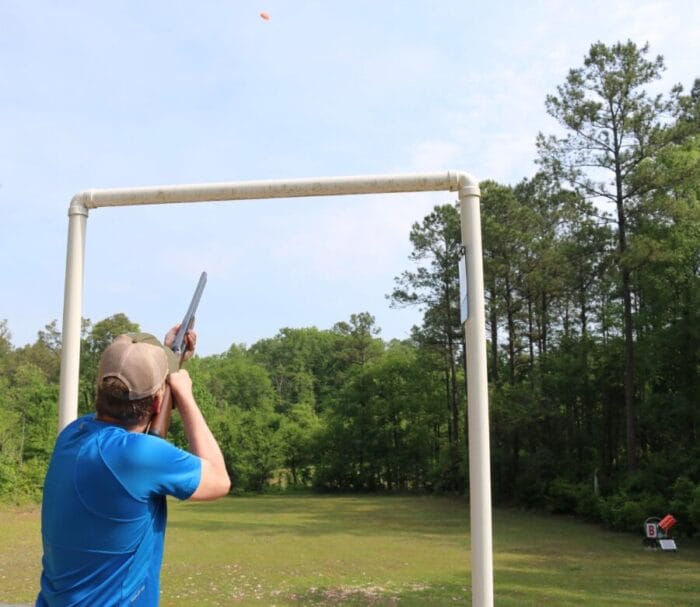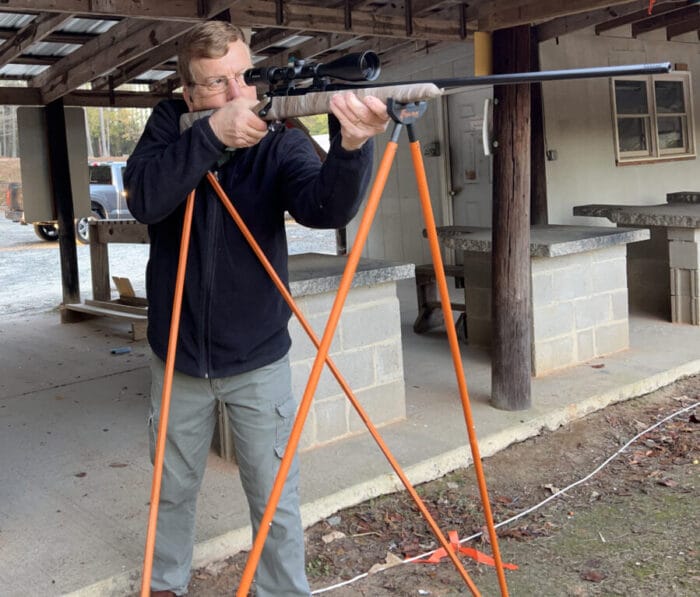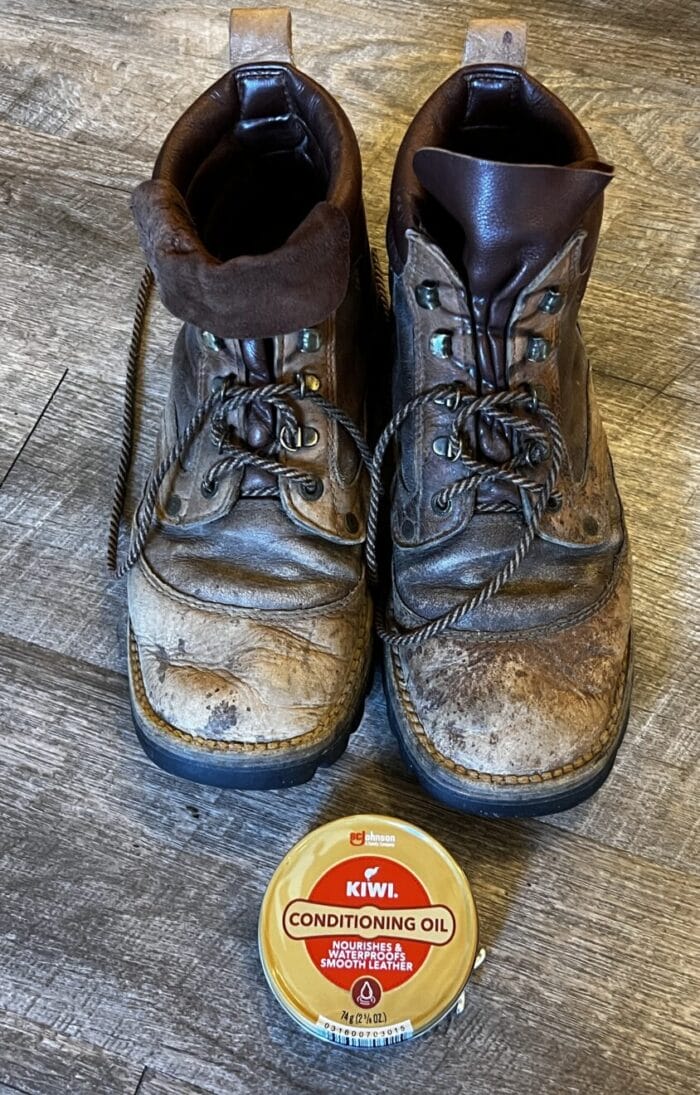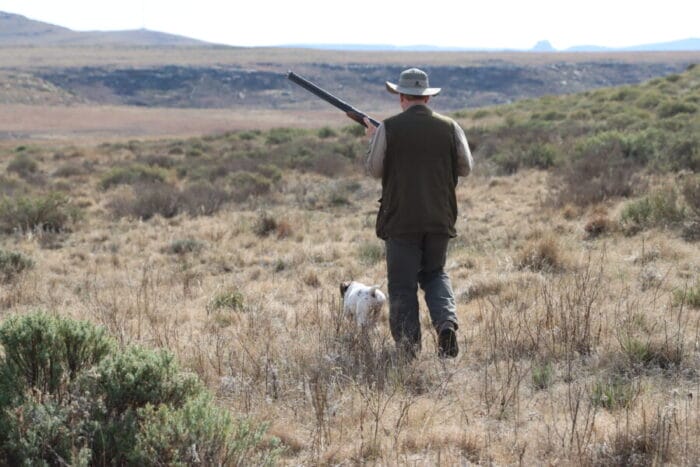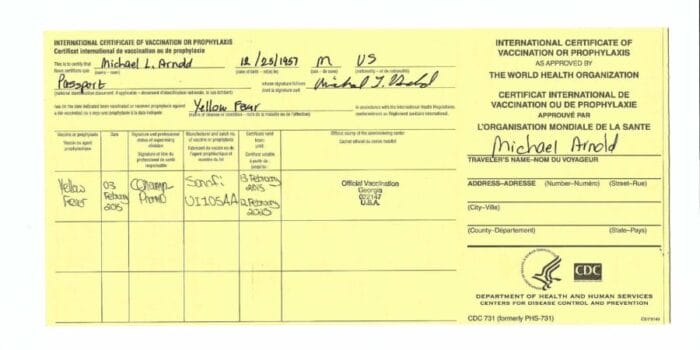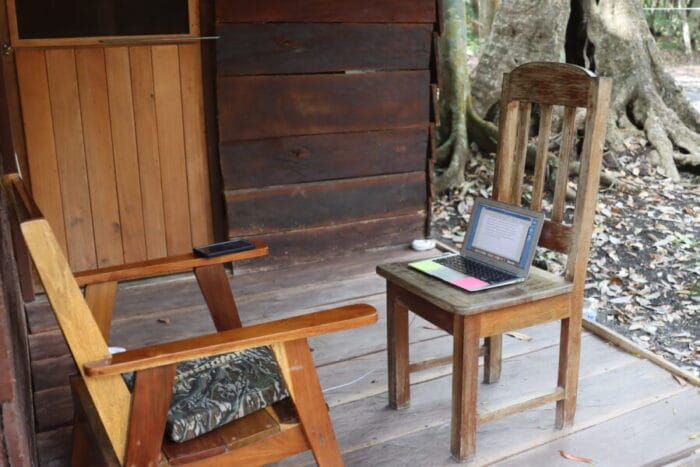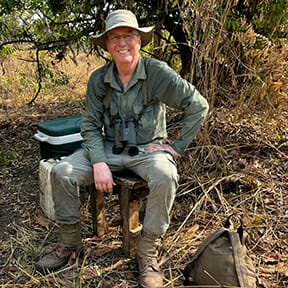Planning an African Safari for Gamebirds…and More
Recently, I talked with a young guy about his upcoming international travels. Given my involvement in the hunting industry, it was ironic that since he was picking my brain about plans for his first overseas trip, and one with Africa as the destination, his was not a hunting safari. Instead, he was heading to eastern and northern Africa as a filmmaker. As we chatted, I realized that with quite a few trips in the salt, if you’ll pardon the pun, to 30+ countries, I could provide some general guidance and specific suggestions for Africa.
I won’t spend too much time on broad-brush-stroke themes. However, there is a set of postures that I find makes my international travels, including my hunting trips, much more enjoyable. Number 1 is to expect and revel in that my destination will differ from home. If you find it supremely irritating that you can’t walk to your local supermarket, only found in the state of Indiana, while visiting friends in Texas, you probably want to rethink heading overseas where food tastes different, people speak an unusual language, and the air carries strange odors. If you can’t respond, “Yes, I’d like to try insects as a Hors d’oeuvre,” consider staying in Indiana or Texas. (O.K., so that one is a stretch for most developed-world folks, but hopefully, you catch my drift.)
Number 2 involves enjoying the misadventures and real challenges, smiling over climbing onto the wrong train or bus – “Are we supposed to be heading north, I thought the city was to the south?!” And try to look at flat tires as a welcome timeout from the punishment of the rough roads. Number 3: plan to be a team player, not a prima donna. Pitch in and help when the tires are flat, the gas tank is empty, the animals need loading into the truck, etc. When you’re out with your crew on a hunting trip to some faraway destination, they might not let you help much, but at least you ought to be offering. They’ll appreciate it, and you won’t prove yourself to be some entitled overfed jackass.
Booking your Safari
If someone asks me about booking big game hunts (read, ‘mammal hunts’) in Africa or elsewhere, I have numerous outfitters to suggest. For bird hunting, I have fewer, so this description of booking a bird hunting safari will focus on both the generalities of safari bookings and the specifics of setting up my safari with the outfitter from my trip, Stormberg Elangeni Safaris.
My goal for each hunting trip/safari is to experience new indigenous peoples, game animals, food, and languages; in other words, it is a brand-new adventure. That generally leads me somewhere I’ve never been, dictating research into outfitters I don’t know. My starting point is with outfitters I do know and trust. For example, I asked Mark Haldane of Zambeze Delta Safaris for suggestions for my bird safari. After years of friendship and trips to his Mozambique concession, I trust Mark implicitly. Mark is also from South Africa and an obsessive bird hunter. Since my African trip included a stop in the Eastern Cape, he suggested I contact the Stormberg Elangeni Safaris’ owners and PHs. He gave me their contact information, which was admin@sesafaris.africa, robbie@sesafaris.africa, or dave@sesafaris.africa. I always use every email address provided to me when I first make contact because I’m afflicted with OCD and because one or more might not be up to date. In this case, the response from each was immediate. I set up the details – dates, kinds of hunting, species of birds and mammals I wanted, etc. It was that easy, and the safari turned out brilliantly.
If you don’t know any outfitters to contact for advice, or even if you do, then hunting conventions – like the annual Dallas Safari Club Convention – provide an opportunity for meeting so many different outfitters that you will get confused. That’s not a bad thing because then you get the chance to enjoy pre-safari excitement as you consider all the various options. The handy part of the DSC show, and the Safari Club International Convention as well, is the publication online of a list of exhibitors well before the convention. I peruse that list for a different reason now – to check out where I need to go for interviews for articles – but likewise, you should go through the list to locate the outfitter booths you want to visit. Reach out before the convention via the emails given in the listings, introduce yourself, and let the outfitters know what you are looking for. They will be happy for the contact, and you can use their responses to gauge their professionalism and interest in meeting the hunter’s (i.e., your) desires.
The final means I use, and this one I use the least is going onto the internet and blind dating an outfitter. This may sound very similar to going to a convention, but I tend to trust my people-judgment capabilities from one-on-one, in-person contact more than I do via electronic communication. Keep in mind I’m often using a combination of personal references from outfitters and other hunters, along with meeting hunt organizers at shows. That means I hardly ever blind date, which pleases my wife.
How much does it cost?
As with hunts anywhere, the simple answer to this question is that you can spend as much as you choose to. Let’s take my gamebird safari as an illustration. Involving a day of Driven Guinea Fowl, Upland (read: Greywing Partridges) Game Birds over Pointers, with a Waterfowl shoot thrown in, would cost around $4000. Suppose you have five other buddies (i.e., a minimum of six guns) who want to experience world-class game bird shooting. In that case, all-inclusive packages cut this daily cost considerably and provide multiple days of hunting and nights of accommodation at a luxurious lodge. For example, an 8-night / 7-day package for $6900 provides Upland Game Bird, Waterfowl, and High-Volume Pigeon hunting.
My plans for future South African Bird Safaris include Sandgrouse shooting in one of my favorite places on the planet, the Kalahari ($1500/night + VAT unless I find five other friends to accompany me), and Snipe Shooting in High Altitude Vleis over Labradors ($750 + VAT) because these birds are supposed to be so challenging to hunt…and hit!
When should you go?
Safaris focusing on gamebirds, like those with plains game or dangerous game as the goal, mostly occur during the dry season. In sub-Equatorial Africa, this generally means autumn to winter. In the Southern Hemisphere, the beginning of Autumn is March 1st, Winter is June 1st, Spring is September 1st and Summer is December 1st. The various seasons in the Eastern Cape where we hunted reflect the choice of Autumn – Winter for safaris: Doves and Pigeons (March–August), Guineafowl (June – August), Greywing Partridge (May – July), Waterfowl (May–August), and Sandgrouse (March – July).
A major exception to the ‘dry rule’ involves one of my next bucket list adventures. According to the Stormberg Elangeni website, “Snipes are an Inter-African migratory bird and are very sensitive to rainfall. In wet years, they only occur in shootable numbers in the wetlands and marshes.” This makes it a bit tricky to plan a pursuit of these fascinating game birds, given Southern Africa’s penchant for droughts, but having this as an add-on hunt within a pursuit of other species is the way I’ll go, knowing that if it is a wet year, I’ll likely hunt a bit in the rain. But then, I’ll be hunting and won’t mind some rain in exchange for being in the South African bush rather than my university office…
Safari Preparation
Of first importance is practice with your firearms. Yes, I know you may be renting when you get there. Still, muscle memory is muscle memory, so choose whatever is closest to the planned rental firearm (ask your Outfitter what this will be) from among your personal guns, and shoot the heck out of it for months on weekly trips to the gun range before you go. Again, using me as an example, I aim (see what I did there?) to shoot skeet and sporting clays every week for several months before heading out to hunt game birds, whether the hunt is in the US, Europe, or Africa. Likewise, when rifle hunting is on the docket, I again fire at least ten boxes of ammunition through the chosen rifle by weekly visits to the range. I sight the firearm in from the bench and then fire at 100-, 200-, 300- and 400-yard targets, but not from the bench, but rather my 4StableSticks standing model fieldrests (Ultimate Carbon or Ultimate Leather). I never travel for a [rifle] hunt, Africa or anywhere else, without my 4StableStick rests. Of course, I did not use them when hunting birds in South Africa, but I did when we turned to the Plains Game portion of our programming on that safari.
“Break your bloody boots in before your Safari!” No, this isn’t a quote from me, but from one of my PHs with whom I discussed his biggest peeves with clients. Fortunately, my Courtney boots had been through many hunts, so I was impervious to the shaming. He is right. If you have blistered feet from boots, you’ll likely not be capable of walking the needed distances, at least without whining enough to cause your PH to shoot you in a soft part of your anatomy.
While we’re on the topic of breaking in boots, this is a good way of getting yourself part of the way into shape for chasing Greywing Partridges, Guinea Fowls, Plains Game, etc. We covered four miles (according to my iPhone ‘Heart’ app, which I plan to delete before my next Safari, so I won’t know how far I’ve gone), up and down rocky and hilly landscape, at 6000+ feet elevation, chasing dogs and birds, on my one-day, gamebird hunt. If I had not been in the gym sweating my butt off on the elliptical machine for months previously, I would not have been able to keep up. However, I’m 65 years old and live a few hundred feet above sea level, so I still had to pace myself in the wake of my millennial PH, taking breaks when necessary, reminding myself that “I’m paying for this, and can stop whenever I want.”
One of the things some worry more about than I do is immunizations. Fortunately for me, though, snakes and watching people touch the food I’m about to serve myself at a buffet freak me out; needles don’t. This isn’t some innate courage, just the way I’m wired. This came in very handy with all the needles I saw during cancer treatment. Regardless, if you’re terrified of needles or blasé like me, there are some you should consider, even if not required by the destination country.
I recommend that everyone sign up for the various Hepatitis inoculations. You never know when you might run into foodborne Hepatitis, and in the extreme, if you have a vehicle accident or some other serious blood loss event, a transfusion could transfer one of the different nasty Hepatitis variants. I always keep my Yellow Fever and Typhoid up to date as well. My logic is two-pronged. First, I want to be prepared if I get the chance to take advantage of a last-minute cancellation by another client offered at a discount by an outfitter. I want to be ready if the destination requires a Typhoid or Yellow Fever immunization. The second reason might sound counterintuitive, but this has happened with my biological field trips more than once. If either outbreak occurs in a foreign country, the US can prevent me from returning until I’ve quarantined. That would be expensive and disruptive. Finally, I now keep my COVID-19 immunizations current for the same reasons. Before you paint me as a wilting woos about COVID, I’ll mention I traveled to the only African country open, Namibia, for a leopard safari in 2020 before vaccines were available. I know COVID kills, percentage-wise, many fewer folks each year than influenza (see the World Health Organization website for support for this statement: https://covid19.who.int/). Still, again, I don’t want the destination country or the US telling me I can’t come in.
The last preparation I’ve learned (the hard way) is to familiarize myself with the functions of my equipment before going on safari. This is essential for any firearms taken, but that should occur through the recommended practice. I’m thinking specifically about such things as camera equipment, binoculars/rangefinders, apps on your phone for identifying birds, trees, etc., and electronic hearing protection. I realize none of these are essential, but I find that each makes the safari richer or safer. There will likely be other specific equipment you take that I don’t. Just make sure it is second nature to pick up and use; again, muscle memory is critical.
Getting There – Air Travel
If planning your first ‘bird’ safari, like any first, it can lead to uncertainty and anxiety. One of the biggest unknowns for many is the travel: first, flying to the new country; second, wondering if your host will be there when you arrive; and lastly, transport to the safari site. Honestly, in all my hunting trips, there has been only one trainwreck at arrival due to the outfitter’s immaturity and lack of professionalism. And even that time was redeemable simply by me booking a hotel from the airport and taking a cab to said hotel. Each of the dozens of other trips went smoothly, with welcoming hosts waiting to shuffle me off to the warm, soft embrace of the guest house/hotel.
Back to the air travel. This is often a significant concern for those heading to new destinations, particularly if those locales require multiple legs and long travel times. I am fortunate that I live near Atlanta. I can be on a flight to Johannesburg, Paris, or Copenhagen (all three reflect recent hunting trips) within 3-4 hours of leaving my house. Once on the plane, the travel times vary from 8-ish hours non-stop to Europe to 16+ hours non-stop to South Africa. I love long flights because, ironically, I don’t sleep much on planes, giving me lots of time to work on my laptop. With the availability of Wi-Fi on most long-haul flights, I’m golden for gathering information, writing, and even submitting articles to editors on my way from destinations. I mention this in case you need or want to accomplish tasks while in transit for hours- on end. Let me make one final suggestion for the long leg of your air travel. Purchase the best seats you can afford. For example, on Delta, I always go for what they call ‘Premium’; the seats are more expansive, further away from the row in front of me, and they have electrical outlets for computers, iPads, and iPhones. Of course, if you have enough funds for 1st Class, go for it; they are the best seats in the house!
OK, so you need to book flights to Johannesburg and then within South Africa, for our specific example, the Eastern Cape, for your Bird hunting safari. You have a couple of options: book the flights through the airlines or an online booking firm, or let a travel agency fill in your itinerary. I use a hybrid approach. I prefer to book my trans-oceanic flights from Atlanta. But I let my travel agent, Jennifer Ginn of Travel Express out of Stevensville, MT, figure out all the internal flights within the international destination. Jennifer knows and caters to hunters and their unique needs, including the biggie, traveling with firearms. In the case of firearms, some airlines in other countries will allow them onboard, and some won’t. I find that difficult to figure out online, so I depend on Jennifer. Accessing flight times for internal flights in other countries can also be challenging. Again, I leave that in the capable hands of my travel agent. Travel Express does not give me a backhander for mentioning their company. I’m just excited to provide the name of a company that has saved my butt numerous times, including during the cluster-you-know-what known as COVID, and might do the same for other hunters.
In Part 2, we cover what to pack for your safari.
Mike Arnold has been a life-long hunter. The Hunter’s Horn blew very early for him. From the age of five, Mike has spent months each year pursuing game animals – from quail and rabbits behind his parents’ house, to kudu and leopard in Africa, and Brocket deer in Mexico. Mike’s articles include feature pieces in Sports Afield, Hunter’s Horn, Safari Magazine, and African Hunting Gazette. Mike also produced two TEDx presentations on the topic of conservation-through-trophy-hunting. You can find links to many of his articles and his Blog here.
Mike is also a Professor and the Head of the Department of Genetics at the University of Georgia. He works in conservation biology and is the author of the 2022 book, BRINGING BACK THE LIONS: International Hunters, Local Tribespeople, and the Miraculous Rescue of a Doomed Ecosystem in Mozambique. Mike’s book is available for purchase at bringingbackthelions.com, Amazon and local bookstores.

